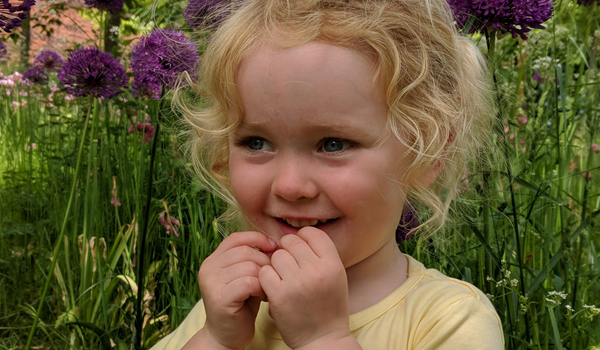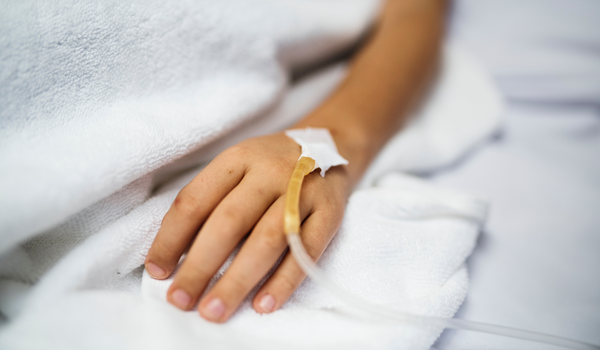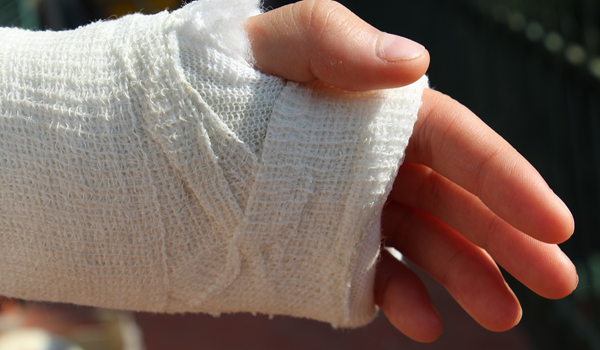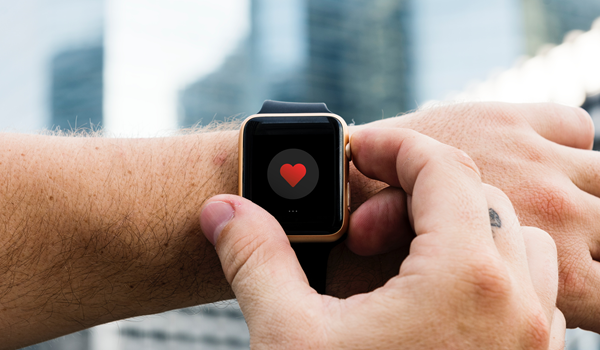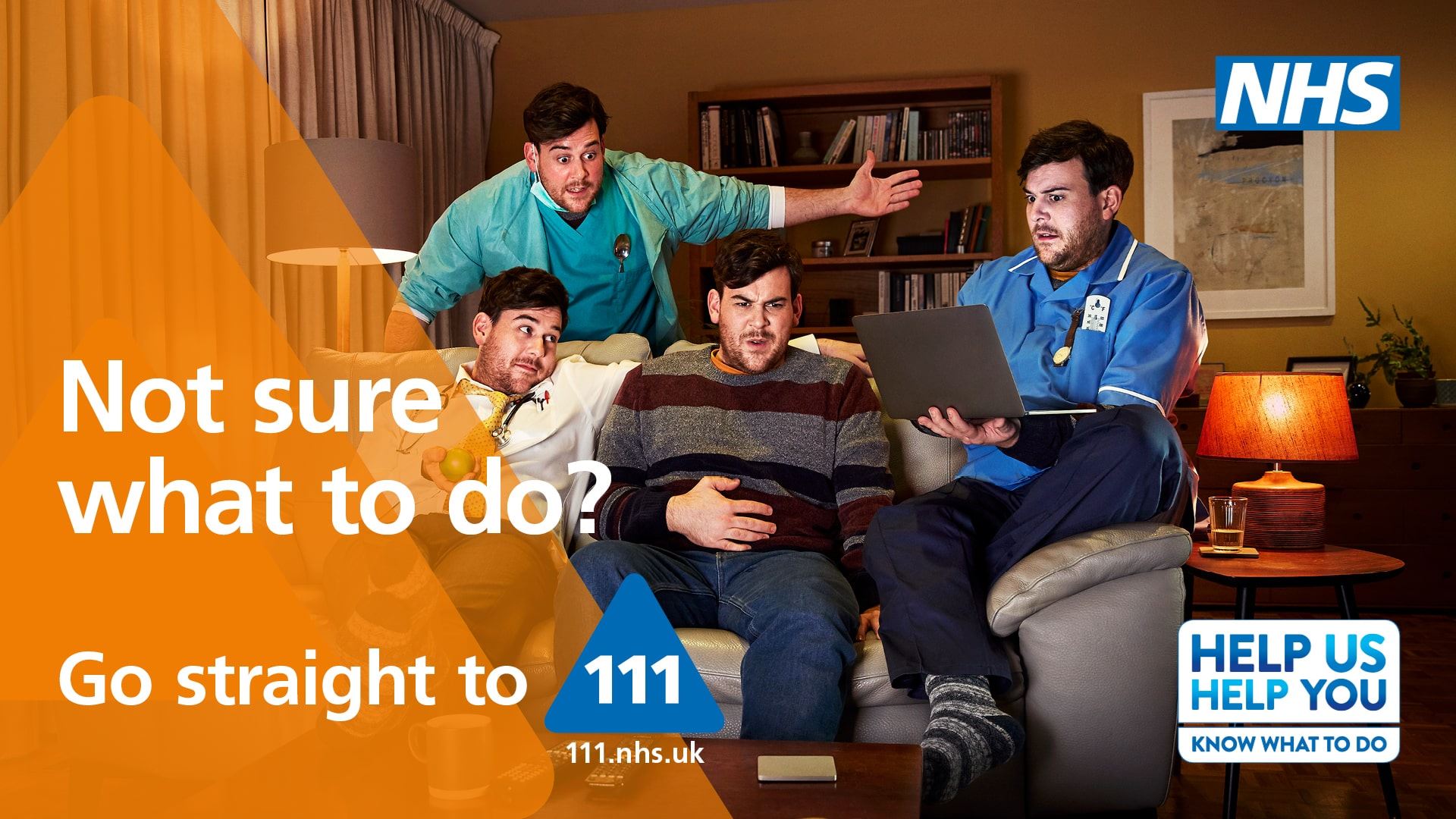Health Advice
This page is designed to give advice and guidance to patients on how to manage their long-term conditions, how to deal with minor injury and illness which doesn't require treatment from a clinician.
Further information for services available are also linked at the bottom of this page.
NHS Screening
Screening is a way of finding out if people have a higher chance of having a health problem, so that early treatment can be offered or information given to help them make informed decisions.
To find out more about screening available on the NHS visit nhs-screening.
Vaccinations
COVID-19 vaccine
The COVID-19 vaccine helps protect against COVID-19, which can be a serious or life-threatening illness. It's offered on the NHS to people at increased risk of getting seriously ill from COVID-19.
What the COVID-19 vaccine is for
COVID-19 vaccination is an important part of protecting yourself if you're at increased risk of getting seriously ill from COVID-19.
The COVID-19 vaccines are offered because viruses change and protection fades over time. It's important to top up your protection if you're eligible.
Getting the COVID-19 vaccine can:
- help reduce your risk of getting severe symptoms
- help you recover more quickly if you catch COVID-19
- help reduce your risk of having to go to hospital or dying from COVID-19
- protect against different types of COVID-19 virus
You may still get or spread COVID-19 even if you have a vaccine, so it's important to follow advice about how to avoid catching and spreading COVID-19.
To find out who should have the COVID-19 vaccine follow this link COVID-19-vaccine.
Flu vaccine
The flu vaccine helps protect against flu, which can be a serious or life-threatening illness. It's offered on the NHS every year in autumn or early winter to people at higher risk of getting seriously ill from flu.
This page is about the flu vaccine for adults. There are also pages about the children's flu vaccine and flu jab in pregnancy.
To find out who should have the flu vaccine follow this link flu-vaccine.
RSV vaccine
The RSV vaccine helps protect against respiratory syncytial virus (RSV), a common virus that can make babies and older adults seriously ill. It's recommended during pregnancy and for adults aged 75 to 79.
What the RSV vaccine is for
The RSV vaccine helps protect against respiratory syncytial virus (RSV).
RSV is a common cause of coughs and colds. Most people get it several times during their life.
It usually gets better by itself, but in some people (especially babies and older adults) it can cause illnesses such as:
- pneumonia (a lung infection)
- bronchiolitis (a chest infection that affects babies)
These illnesses can cause serious breathing problems. They may need to be treated in hospital and can be life-threatening.
Getting RSV can also make your symptoms worse if you have a lung condition, such as chronic obstructive pulmonary disorder (COPD.
The RSV vaccine helps reduce the risk of serious breathing problems like pneumonia and bronchiolitis.
Who should have the RSV vaccine - find out here rsv-vaccine
NHS 111
NHS 111
111 online is a fast and convenient alternative to the 111 phone service and provides an option for people who want to access 111 digitally.
Your needs will be assessed and you will be given advice about whether you need:
- Treat yourself at home
- Go to a Primary Care Centre
If you need face to face medical attention you may be asked to attend a Primary Care Centre.
Click here to access NHS 111 online or call 111 to speak to a staff member.
Page created: 28 July 2022
